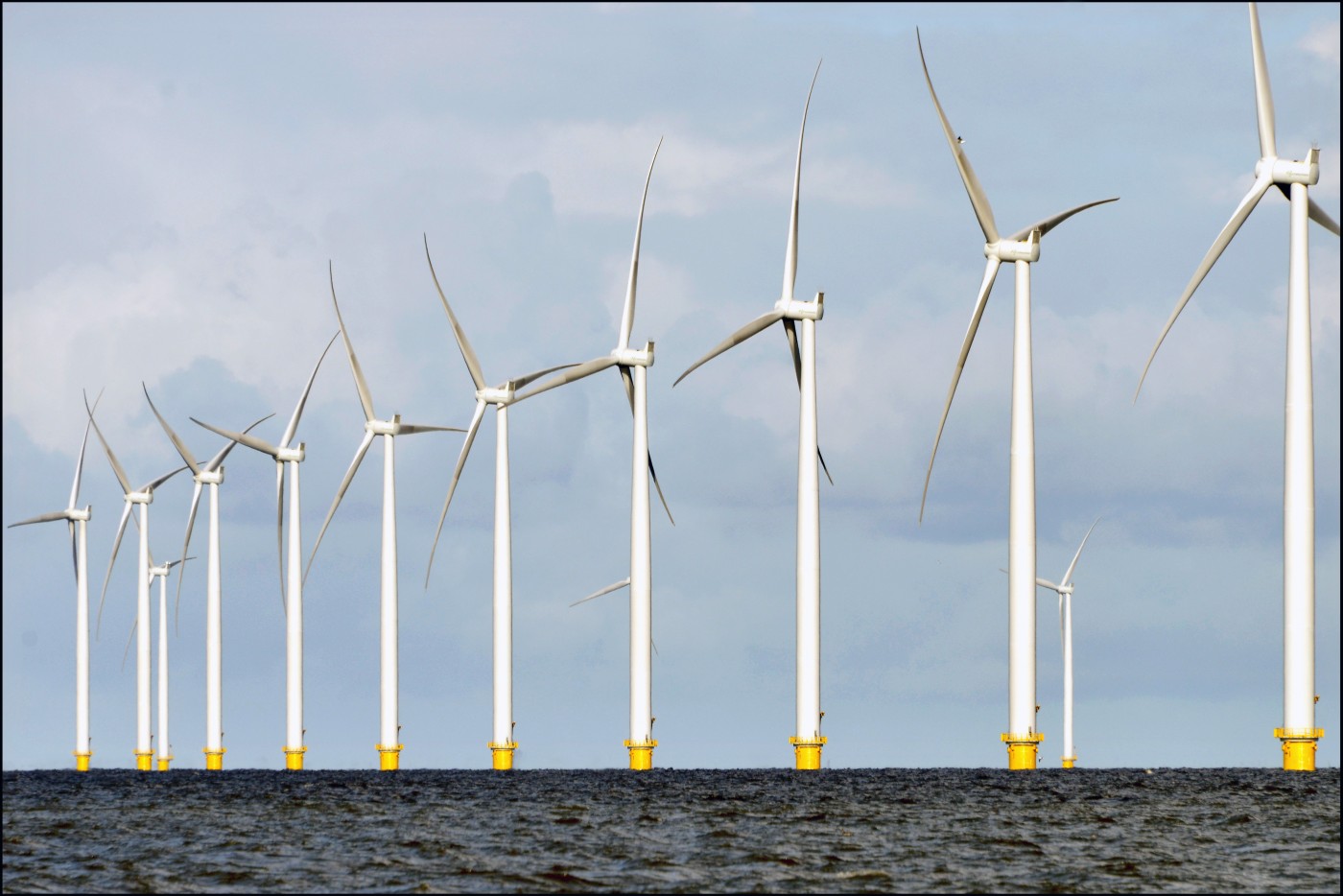

Out now! Key Insight 3: The circular carbon merit order
07-12-2023
 Besides the energy transition, which is mainly focusing on renewable energy generation, there is a growing awareness about the importance of the materials transition. Carbon demand will change fundamentally for the energy, transport, chemicals & materials sectors.
Besides the energy transition, which is mainly focusing on renewable energy generation, there is a growing awareness about the importance of the materials transition. Carbon demand will change fundamentally for the energy, transport, chemicals & materials sectors.
More specifically, the transition entails the replacement of fossil carbon feedstocks (coal, oil and natural gas) by circular carbon feedstocks (waste, biogenic residues and carbon dioxide) to produce fuels and starting materials for the chemical industry. This transition is essential for achieving a Net Zero and Circular Industry by 2050.
The concept of the circular carbon merit order presented in this key Insight provides insights and assists in science-based decision-making on the basis of the most effective circular carbon value chains.
From the perspective of energy efficiency and emission reduction, it can be concluded that when using circular carbon, priority should be given to the production of plastics (olefins) rather than fuels. The latter should not be produced from plastic waste, but preferably from sustainable biogenic residues or non-fossil carbon dioxide and green hydrogen, provided that there is a sufficient local supply of large amounts of low-emission electricity.
Based on a concise supply-demand analysis, it can be concluded that the Netherlands will have to import substantial amounts of circular carbon-based feedstocks to meet current industrial demand for feedstock for fuels and olefins production.
Make sure to read the full analysis in our Key Insight #3: “The circular carbon merit order" and we welcome your thoughts on this.
Share this page:
